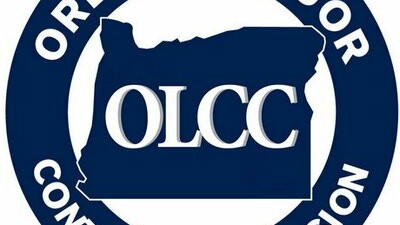Newly Amended OLCC Regulations Effective February 1, 2020

Amended regulations enacted by the Oregon Liquor Control Commission will become effective on Saturday February 1, 2020. The Commission amended 50 existing regulations covering a wide variety of matters related to both the marijuana and hemp industries that include detailed changes to regulations addressing the application process, premises requirements, trade and testing samples, surveillance/security, medical and recreational sales, laboratories, worker permits, packaging, tracking and more.
Examples of the recent amendments include, but are not limited to:
- Commission created factors to determine whether past convictions should prevent license approval;
- Procedures for licensees who have lost access to their premises to move to another location;
- Restrictions on hemp sampling/testing by laboratories with financial interests in the growing or handling of the same hemp;
- Expansion of the rules and restrictions regarding provision of trade samples to include hemp, the legal amounts of samples and new CTS requirements when providing samples to employees;
- New limits on purchase, possession, and retail taxation;
- Updated requirements related to the transfer, sale, or transport of trade samples, including kief;
- A wholesale licensee may now purchase, possess, or receive kief from a producer under certain conditions;
- Laboratory licensees will now be subject to CTS tracking under a variety of circumstances;
- Fee deadlines on Worker Permit Applications may be imposed for incomplete applications;
- The rules for registrants surrounding transfers, inventory tracking, and documentation requirements for delivery of medical marijuana are stricter. Category I and III violations have been added as a result of failing to follow these newly implemented rules;
- THC concentration limits for industrial hemp and hemp items must be tested by a laboratory using a method with a LOQ capable of detecting whether a sample exceeds any applicable concentration, serving size, or container limit separately for delta-9-THC and for the total THC equivalent of delta-9-THCA;
- A hemp concentrate, extract, or tincture may not exceed 50 milligrams total THC in a container;
- Hemp items other than hemp tinctures intended for human consumption may not exceed one milligram total THC per serving;
- Licensed laboratories must follow several of the same rules set forth for licensees under 845-025-2785; and
- Adults who live with the applicant and would be financially impacted by the success or failure of the business must be listed on the license. Note, that does not mean just romantic partners - if you are a caretaker for your parent or adult sibling/child, they would also need to be listed on the license. Roommates with their own source of income divided from the applicant's shouldn't have to be on the license, but there could be some wiggle room there.
As always, please contact Green Light Law Group at (503) 488-5424 or info@gl-lg.com if you have any questions.
